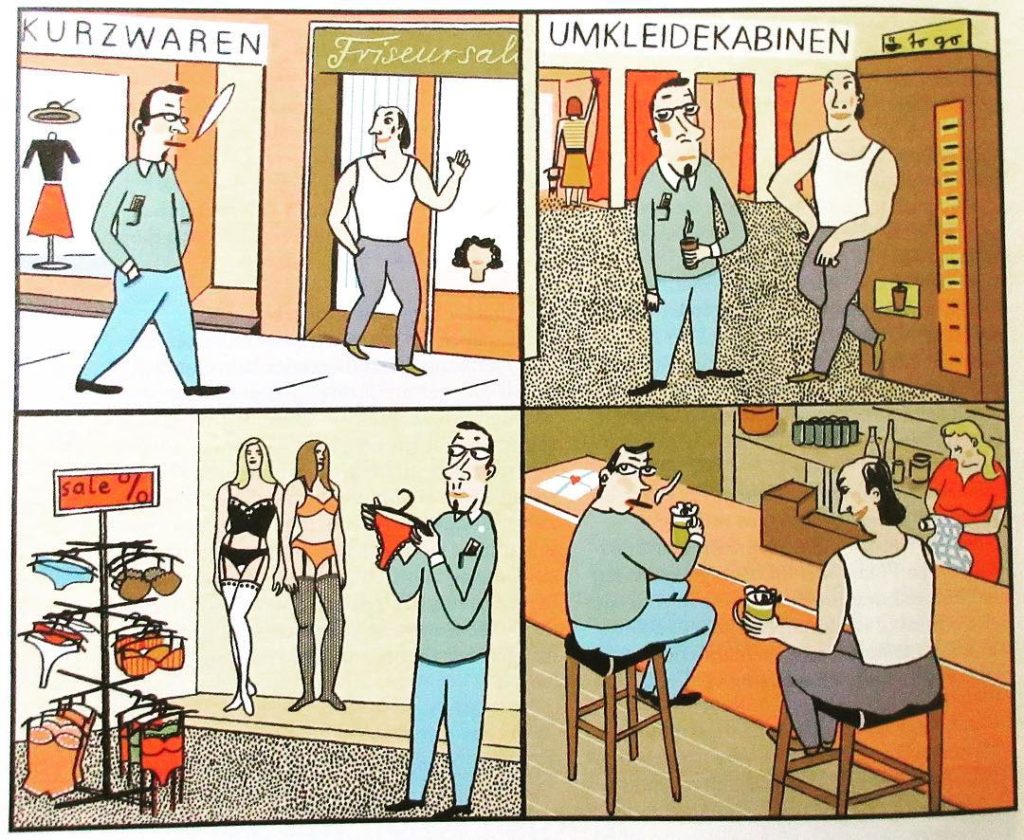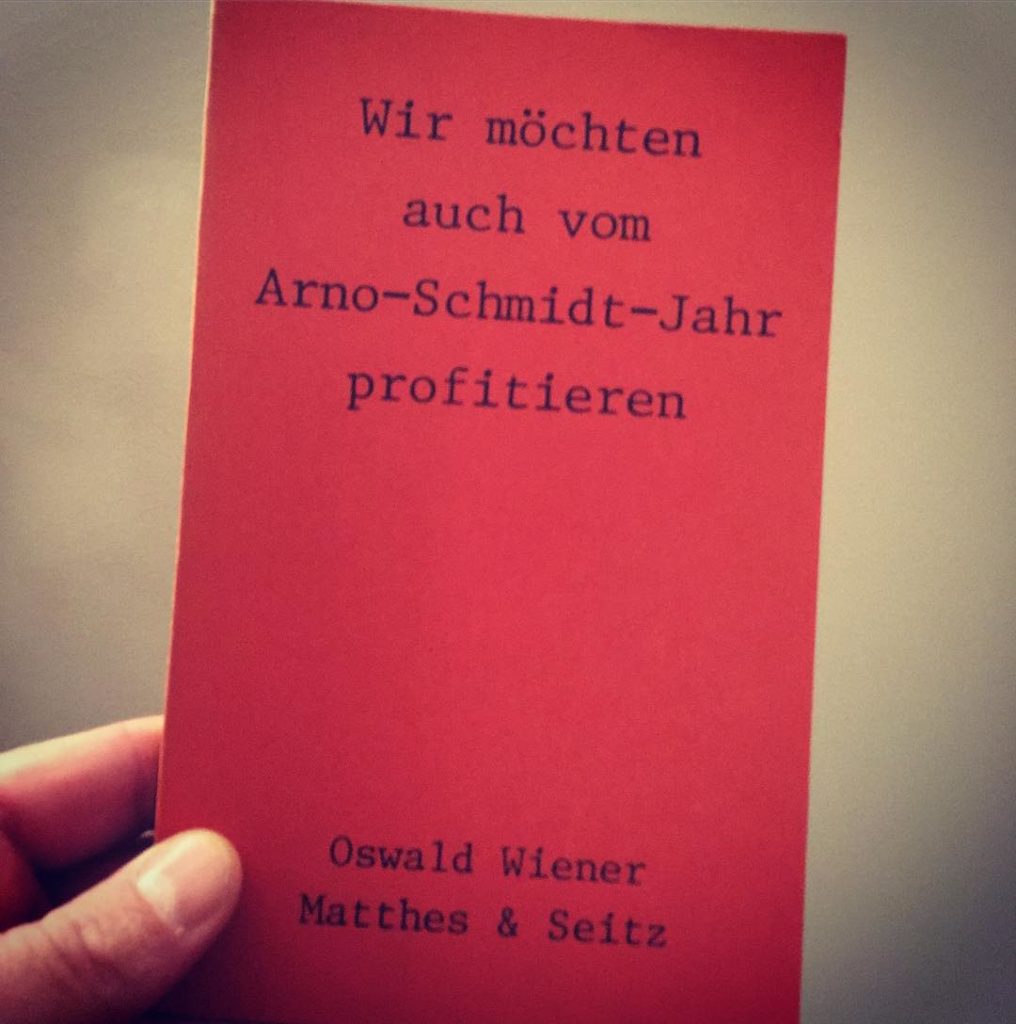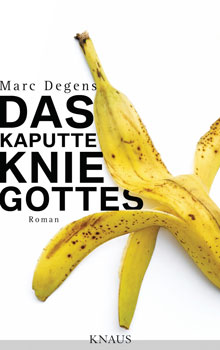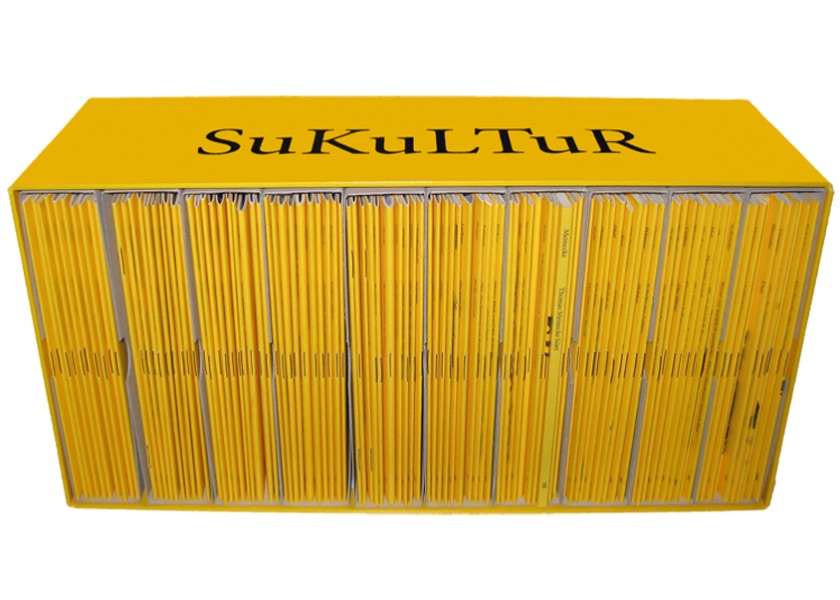Öffentlicher Dienst: Öffentlicher Dienst
»Natürlich ist die Lebensform eines Autors nicht entscheidend für die Art seines Werkes (es gibt ja genügend Gegenbeispiele der Seßhaftigkeit, etwa Doctorow), und doch kann man fragen, ob nicht die reale Mobilität eine geistige miterzeugt: Die Fähigkeit, sich in Fremdes hineinzuversetzen (weil es eine für die Selbsterhaltung notwendige Tugend ist oder werden kann), fremde Stimmen nachzuahmen und ihnen Sprache zu verleihen, schließlich, sich schreibend eine heimatliche Topographie zu verschaffen, deren man realiter verlustig gegangen ist.« (Michael Chabon, zitiert nach Ulrich Greiner, Gelobtes Land)
Heute feiert @marcdegens Geburtstag. Wir gratulieren herzlich und verweisen auf diesen Text.https://t.co/DVUdXY9KSl
— Literaturkarte.Ruhr (@Literaturkarte) 18. August 2017
Und hier geht es zum zweiten Kapitel.







